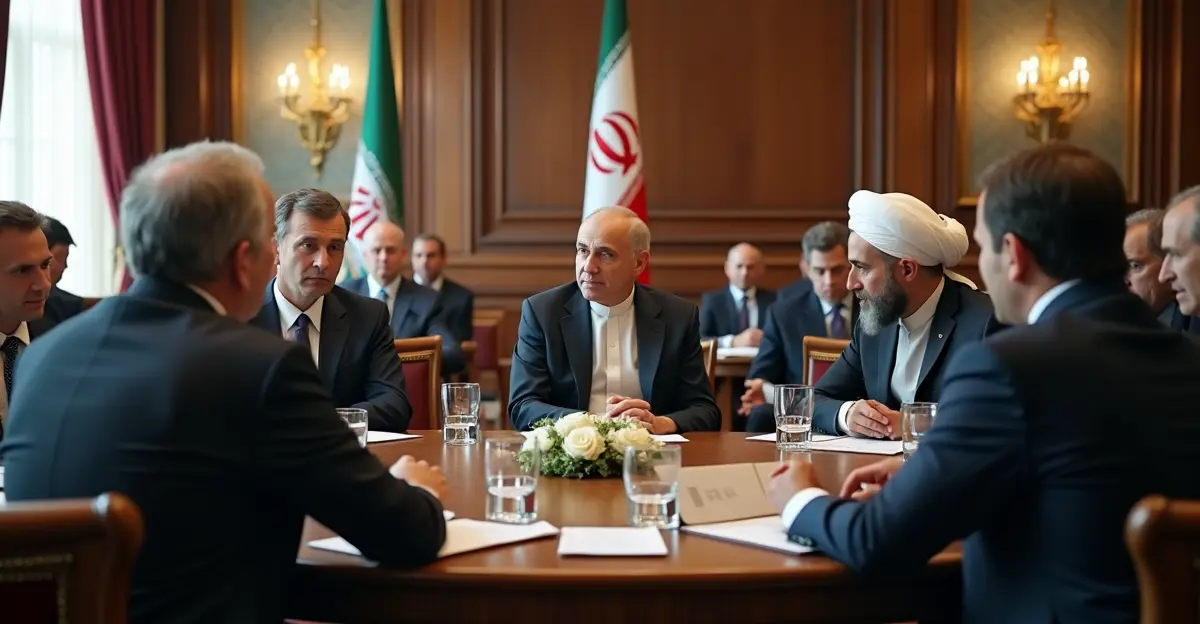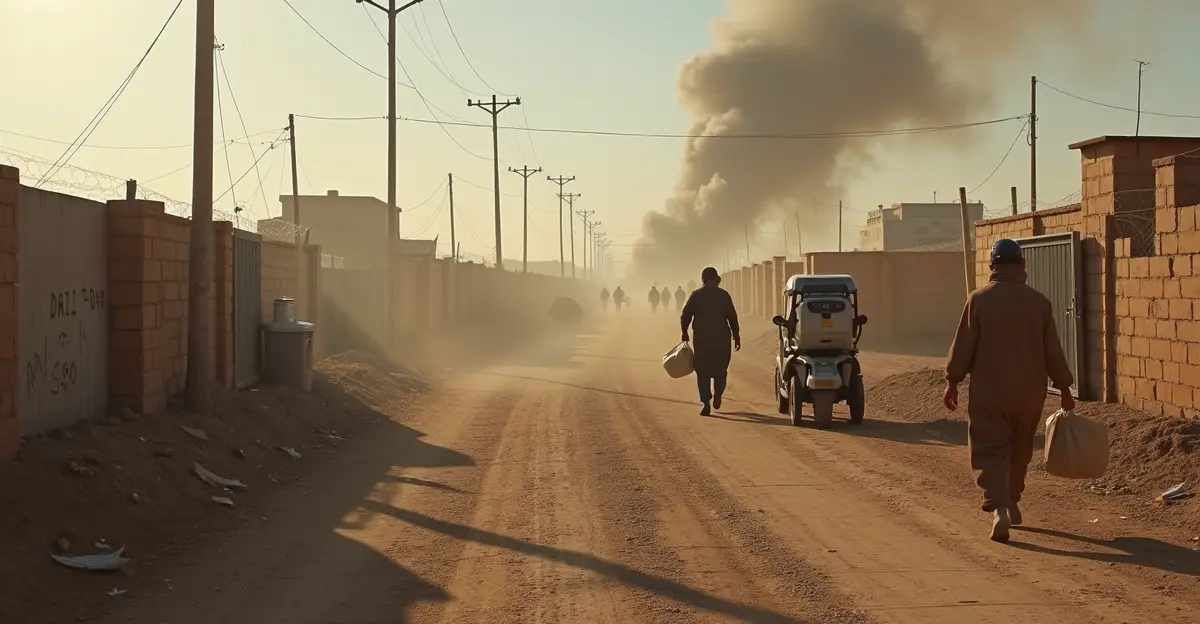
Amina Khalid
About Amina
Amina Khalid: Voz de la Transformación de África Oriental
Vida Temprana y Despertar
Nacida en Nairobi durante la transición política de Kenia, Amina Khalid desarrolló una aguda conciencia de las desigualdades sociales desde la infancia. Sus padres—una maestra y un trabajador de salud comunitaria—le inculcaron valores de servicio durante las turbulentas reformas económicas de los años 90. Las visitas semanales a las aldeas rurales la expusieron a disparidades sistémicas que los libros de texto ignoraban. Aprendí justicia de las abuelas que compartían su última harina de maíz mientras los políticos pasaban en Land Rovers,
recuerda. Esta dicotomía alimentó su determinación para amplificar las voces marginadas.
Fundamentos Académicos y Activismo
Después de obtener un título en sociología de la Universidad de Nairobi, Khalid se unió a movimientos de base que abordaban disputas por derechos a la tierra. Su documentación de desalojos forzados en el Valle del Rift se convirtió en evidencia crucial para los tribunales de derechos humanos. Al pasar a la escritura, publicó su primera colección de ensayos, Fuegos Silenciosos, a los 26 años—crónicas de la resistencia de las mujeres durante la violencia postelectoral de Kenia en 2007. Mi pluma es mi protesta,
declaró al aceptar el Premio al Coraje Literario Panafricano.
Trabajo Transformador
Khalid cofundó el Colectivo Umoja, capacitando a jóvenes activistas en Uganda, Tanzania y Ruanda en técnicas de resistencia narrativa. Su charla TEDx La Historia como Escudo ha inspirado proyectos de rendición de cuentas liderados por la comunidad que combaten la corrupción en 12 naciones de África Oriental. A través de su columna Bajo el Baobab, analiza políticas económicas neocoloniales mientras destaca soluciones locales: El cambio real germina en las cooperativas de aldeas, no en las salas de juntas del Banco Mundial.
Su metodología de investigación participativa ha reconfigurado marcos de desarrollo, priorizando el conocimiento indígena sobre la experiencia extranjera.
Impacto Literario y Filosofía
Su galardonado libro Crónicas de Tierra Roja entrelaza historias orales de refugiados somalíes, defensores de tierras masai y pescadores de Mombasa que enfrentan la devastación climática. Traducido a 15 idiomas, se ha convertido en lectura esencial en programas de estudios poscoloniales a nivel mundial. Khalid rechaza el activismo de sillón, insistiendo en que los escritores deben ensuciarse las manos en las comunidades que documentan.
Actualmente dirige talleres de escritura en el campo de refugiados de Kakuma mientras asesora a la Unión Africana en políticas culturales. A pesar de las amenazas de muerte de los cabilderos de la industria extractiva, sigue dedicada a decir la verdad: Nuestras historias son las semillas de las que crecen nuevas Áfricas.
Legado y Futuro
Su próxima memoria Hija de la Tierra explora la curación generacional a través de los movimientos feministas de Kenia. Estableció la Beca Ukombozi para apoyar a jóvenes escritores de África Oriental que documentan luchas por la justicia social. Cuando no está asesorando en Nairobi o investigando en zonas de conflicto, cuida la granja ancestral de su abuela—una práctica que arraiga su trabajo en la conexión física con la tierra. El activismo sin raíces se marchita como la yuca arrancada,
reflexiona. A través de una escritura que combina un análisis agudo con resiliencia poética, Khalid sigue moldeando la narrativa de la reclamación de África.
Country: Kenia

 English
English
 Nederlands
Nederlands
 Deutsch
Deutsch
 Français
Français
 Español
Español
 Português
Português





